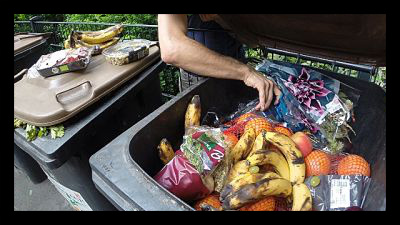Limiting Post-Harvest Loss in Supply Chain

“Over 30 percent of all food produced in the world human consumption every year—which amounts to a staggering 1.3 billion tons of food—gets lost or wasted,” writes Jessica Ernst, of the Initiative for Global Development.
Consumers and producers at all levels are responsible for the waste. Citizens of higher income countries routinely buy more food than they can eat, while developing countries lose food due to harvest, storage and cooling issues as well as poor infrastructure.
One-fourth of the food lost every year would be enough to feed 870 million hungry people.
Dutch Agricultural Development & Trading Company is one company that is harnessing its power to contribute to a more effective use of crops.
Cassava is a root that is native to South America, but has existed in Africa for centuries. One of the issues in producing cassava is that once harvested, it has a limited amount of time to be processed and “split” before it spoils.
DADTCO introduced a technology called the Autonomous Mobile Processing Unit which travels to villages in sub-Saharan Africa during their harvest season so cassava can be processed on sight. DADTCO’s long term goal is to see cassava being used by national and international consumer and industrial products instead of other higher-priced materials.
Another private sector initiative is financed by the Rockefeller Foundation. The Initiative for Global Development received a grant from the Foundation to investigate the issue of post-harvest loss in agriculture supply chains, specifically in Ghana, Kenya and Nigeria.
Helen Mant, vice president of the Initiative for Global Development, explains her initiative, “We hope to identify market-driven solutions as well as opportunities for private sector partnerships that have the potential to significantly reduce post-harvest loss.”
As the world population grows, and demand for food rises, it is not production rates that need to go up. Companies are realizing that more effective ways of processing, distributing and consuming food need to be established, and the private sector is in a unique position to do so.
– Julianne O’Connor
Sources: Business Fights Poverty, Initiative for Global Development
Photo: CNN
